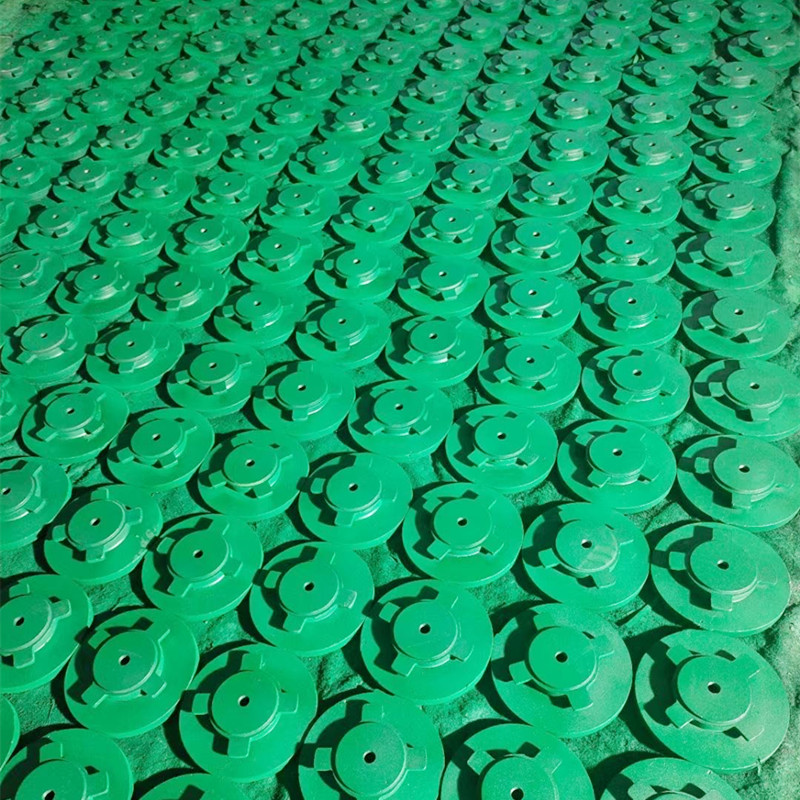Sen . 21, 2024 18:55 Back to list
thread gauge
Understanding Thread Gauge A Crucial Tool in Precision Engineering
In the realm of precision engineering, the thread gauge stands out as an essential tool for ensuring the integrity and accuracy of threaded components. As the name suggests, a thread gauge is used to measure the pitch and diameter of external and internal threads, enabling users to verify that the dimensions meet specified standards. This article delves into the various types of thread gauges, their applications, and their significance in industries where exact specifications are paramount.
Types of Thread Gauges
Thread gauges come in various forms, each designed for specific measuring tasks. The two primary types are
1. Plug Gauges These are used for measuring internal threads. A plug gauge typically has the same diameter as the nominal size of the threaded hole and features precise threading. By inserting the plug gauge into the threaded hole, users can quickly determine whether the internal threads conform to the required specifications.
2. Ring Gauges Conversely, ring gauges are designed for external threads. These gauges are cylindrical in shape and are created to fit over a threaded component. Just like plug gauges, ring gauges verify if the external threads adhere to the required dimensions.
In addition to these primary categories, thread gauges can also be classified as go/no-go gauges
. A go gauge indicates that the threaded component meets the minimum required specifications, while a no-go gauge confirms that it does not exceed the maximum limits. This dual function is invaluable for streamlining quality control processes in manufacturing environments.thread gauge

Importance in Manufacturing
The importance of thread gauges in manufacturing cannot be overstated. Threads are commonly used to join components in various applications, from automotive assemblies to aerospace engineering. Any deviation from specified dimensions can lead to catastrophic failures, compromised safety, and increased costs. A thread gauge ensures that each component produced meets industry standards and is capable of functioning correctly within its intended application.
Moreover, thread gauges are instrumental in maintaining consistency in production. As companies strive for efficiency and reduction of waste, the use of precise measurement tools like thread gauges enables them to produce components that fit together seamlessly. This not only enhances the reliability of mechanical assemblies but also contributes to lower manufacturing costs by reducing the need for rework.
Applications Across Industries
Thread gauges find applications across diverse industries, including automotive, aerospace, construction, and medical devices. In automotive manufacturing, for instance, they are used to ensure the safe assembly of engine components. In aerospace, where precision is critical, thread gauges help maintain high safety standards in aircraft assembly. In the medical field, they ensure that surgical instruments are manufactured to exact specifications, safeguarding patient safety.
Conclusion
In summary, the thread gauge is a vital instrument in the arsenal of precision engineering tools. It not only verifies the dimensions of threaded components but also plays a crucial role in maintaining safety and quality across various industries. As technology continues to evolve, the demand for precise and reliable measurements will only increase, making the thread gauge an indispensable part of modern engineering practices. Whether in a tangible manufacturing setting or a digital design environment, the thread gauge ensures that every thread counts.
-
Precision Manufacturing with Advanced Spline Gauge DesignNewsJul.31,2025
-
Industrial-Grade Calibrated Pin Gauges for Exact MeasurementsNewsJul.31,2025
-
Industrial Filtration Systems Depend on Quality Filter DN50 SolutionsNewsJul.31,2025
-
High-Performance Gate Valve WholesaleNewsJul.31,2025
-
Granite Surface Plate The Ultimate Solution for Precision MeasurementNewsJul.31,2025
-
Granite Industrial Tools The Ultimate Guide for Bulk BuyersNewsJul.31,2025
Related PRODUCTS









